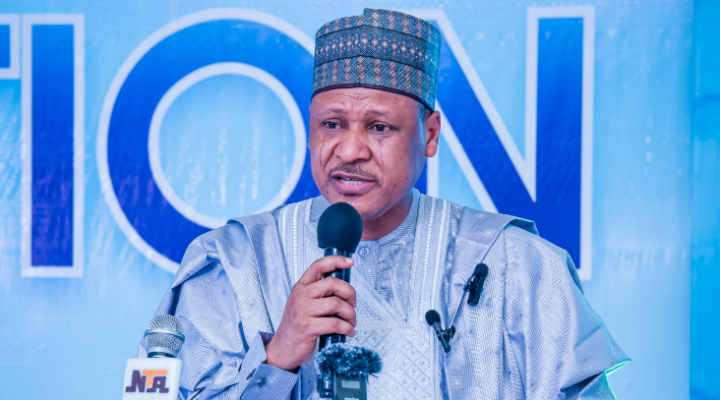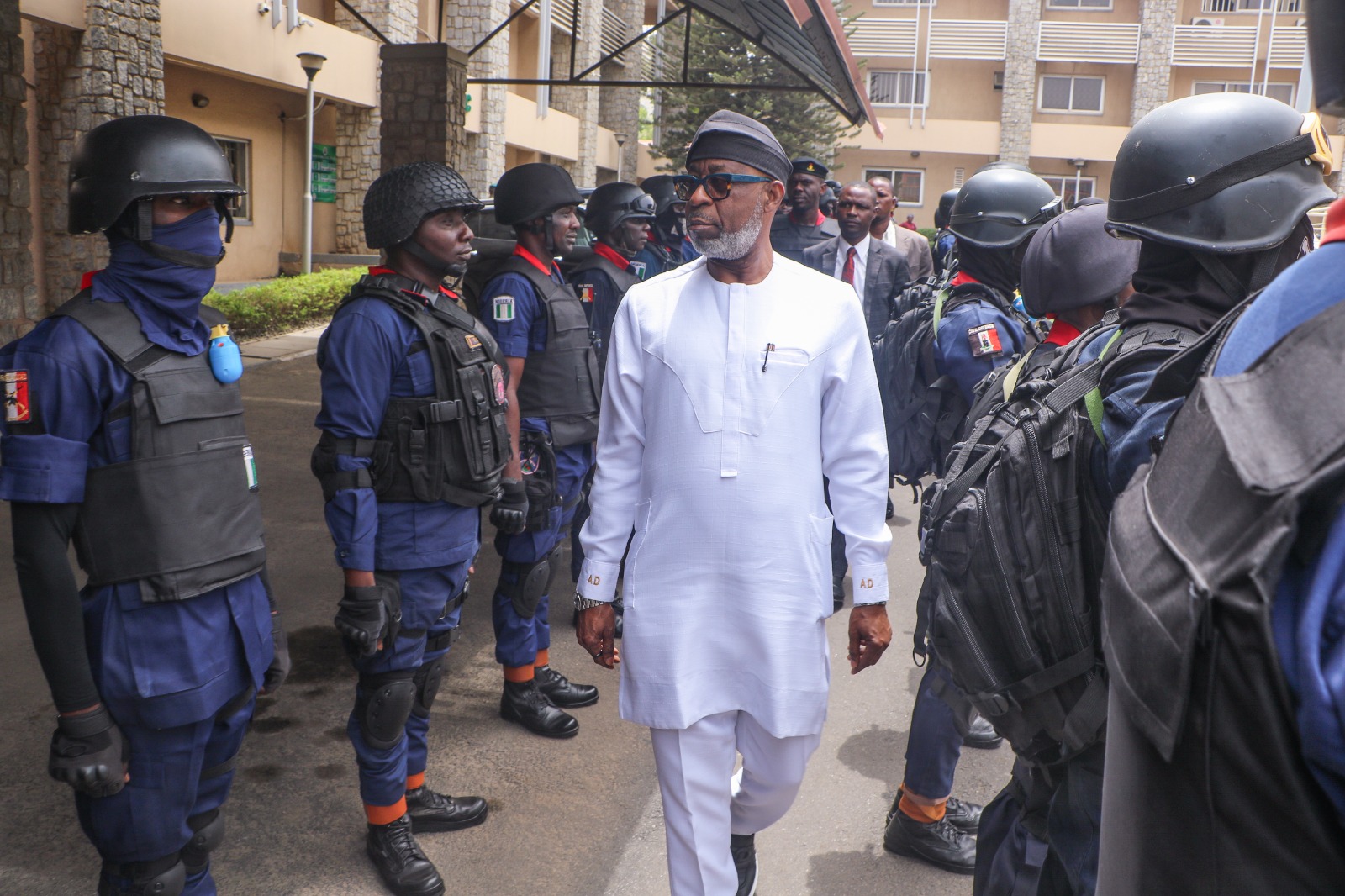Mohammed Idris, minister of information and national orientation, says the new oil and gas policy will create 2.3 million jobs, and boost gross domestic product (GDP) by $17 billion when implemented.
Idris spoke on Wednesday at an interactive session with media executives and practitioners organised by the ministry in Kano.
The new policies, issued on March 6, by President Bola Tinubu, seek to compress the contracting cycle from 38 months to less than six months.
“The new oil and gas policy reforms programme would generate a billion cubic feet per day of additional gas supply, create 2.3 million jobs, and boost GDP by $17 billion, when implemented,” Idris said.
Advertisement
According to the information minister, the new tax incentives being implemented have the potential to attract up to $10 billion in new oil and gas investment.
“The new presidential policy directive would bring down operating costs for oil and gas operations in Nigeria; currently 40 percent higher than global average,” he added.
Idris also said Tinubu’s administration has attracted $30 billion in foreign direct investment (FDI) commitments into the real sectors of the economy.
Advertisement
These investment pledges, according to Idris, are already being fulfilled and span a number of industries, including manufacturing, telecoms, healthcare, oil and gas, and others.
Highlighting Tinubu’s achievements, he said the Nigerian economy grew by 3.46 percent (year-on-year) in the fourth quarter (Q4) of 2023 relative to the 2.54 percent recorded in the preceding quarter; describing it as a better performance than expected.
He also said capital importation into Nigeria increased by 66 percent in Q4 2023, reversing a 36 percent decline in the previous quarter.
On enhancing security measures across the Niger Delta, Idris said NLNG cargoes had grown from an average of 16 cargoes in 2023 to 21 cargoes in the first quarter (Q1) of 2024.
Advertisement
He said Nigeria’s oil production had risen from 1.22 million barrels per day (mbpd) in the second quarter (Q2) of 2023 to 1.6mbpd in Q1 2024.
The minister said post-subsidy removal economic relief interventions were designed to serve as palliatives in the short and medium-term, adding that “while we wait to reap the long-term benefits of the reforms, provisional wage increment of N35,000 monthly for six months – four months already paid”.
Add a comment






